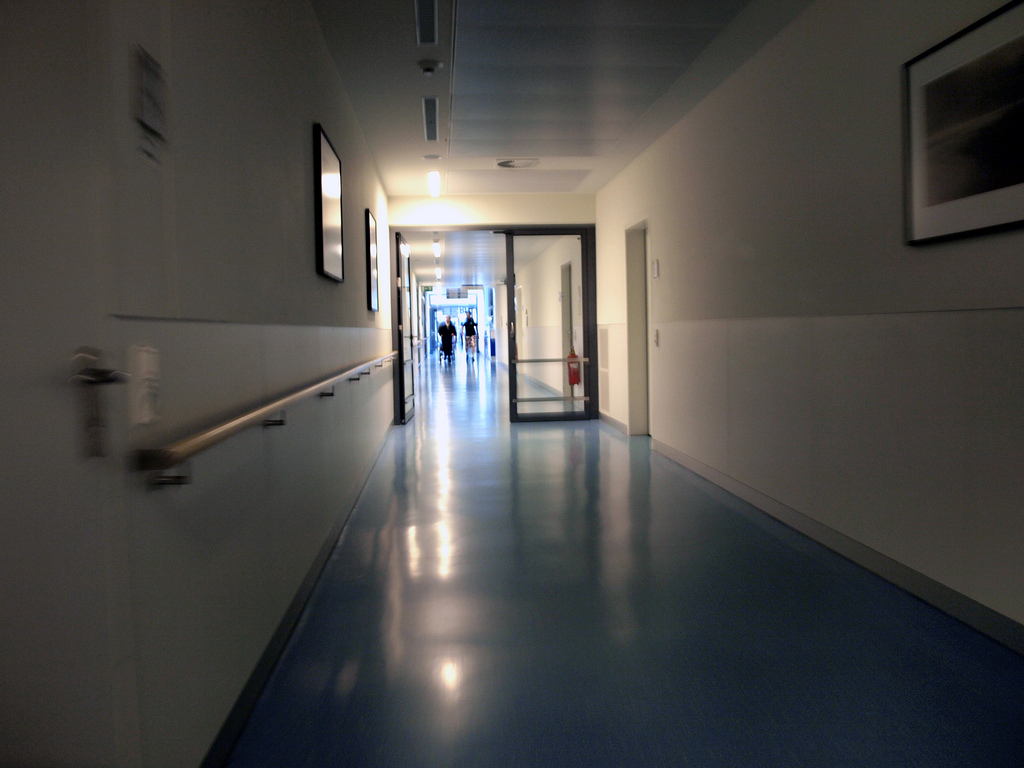
A recent poll by YouGov suggests that the NHS is now the biggest concern for people in Britain. This is not surprising, our healthcare is in a truly desperate state. Waiting times are long, quality of service is bad and patients often end up paying for medicine themselves.
The NHS has become a cause celebre of the left. However, while they claim the NHS is ‘the best system in the world’. They are also chomping at the bit to explain how it is on the brink of collapse.
Well…Which one is it?

“Yougov” and so on are not really interested in healthcare – to them there is no real “issue” of policy, it is just a matter of SPEND-EVER-MORE-MONEY.
Sadly I think most British people agree with them Jordan Lee – faith in the National Health Serivice is just that FAITH, it is not linked to evidence or rational argument, Most people no longer have traditional beliefs (such as belief in God – or even in family and local community), but people have to believe in something and the British believe in the NHS. Any failure of the NHS, say the death of a friend or relative, is explained away by such fictions as “Tory Cuts” (as mythincal as the old European idea that Jews poisoned the wells or abducted gentile children for human sacrifice rituals) and no amount of evidence or rational argument can change this stance.
I hope you prove me wrong Jordan Lee – but at my advanced age, I have given up the idea of trying to talk to members of the public about health care. I leave the effort to the young – such as yourself.
On the positive side, whilst the media was gloating about President Trump’s failure to repeal Obamacare – the Corporate Welfare subsidies to big health insurance companies and the “mandate” (making people buy insurance or pay a penality) were quietly repleaed last year. For most people that is what is meant by Obamacare – so it actually has been, de facto, repealed. Although the many decades of insane regulations and government health care subsidies (Medicare, Medicaid, compulsory “Emergiency Room” care for hospital, SCHIP,…… and on an on) remain, which is why American health care is so expensive.
LikeLike
Hi Paul
I think you will find that believing in God is generally referred to as having a faith (because such belief is not based on empirical evidence or rationality).
I do agree that believing in the efficacy of the NHS is equally sensible…..
LikeLike
The most worrying thing about the NHS is the language that is used to describe it. People treat it as a wholly holy institution, perhaps in due course, we will transform part of London into an enormous temple to the NHS.
There is cause for both pessimism and optimism though- as the population gets older and we find ever more ways to cure illnesses healthcare will become a more and more significant issue. While people become more dependant on the service, reform will need to happen. It is too big and too inefficient, it needs stripping down,
Hayek talks at length about this problem. Once you remove economic incentives from a system, chaos ensues. He wrote that in 1961… shame people didn’t listen to him.
LikeLike
Reform may need to happen – but that does not mean it will happen.
People often choose death rather than reform. And that NHS temple you mention being created in London may have human sacrifices – in fact if not in theory.
For example the Roman Empire at the end desperatly needed reform – many writers pointed this out at the time, but it did NOT happen. The Empire collapsed – and there was no smooth transition into some nice “late antiquity” (the old term “Dark Ages” was much more accurate), population collapsed and even farm animals became smaller than had been in the Iron Age (let alone the Roman Empire). Smaller because there was no time to grow animals to a large size (so a mover to smaller breeds) – and food in winter was scarce.
Humans became rare – one could walk for days and not see one, and that was just as well as humans attacked each other. Even Rome became a small town – with a new wall around the fraction of the place that was still inhabited, built by the “Mad Max” Pope Hadrian (with a misspelt inscription – as even the Pope was now only semi literate).
Such things as toilets and drains became the stuff of legends.
In the east the collapse was later – but more long lasting. Under the Emperor Maurice at the start of the 600s the Empire still seemed as large as ever – but it was undermined by the de facto serfdom of the peasants (unarmed for centuries – and with a sheep like attitude to givernment), and by compusory urban guilds that strangled innovation in almost every industry and trade, and by the general “Byzantine bureaucracy”.
Then, only a few years later, came first the Persians and then the forces of Islam – and as late as the early 1800s the Middle East was less developed and less populated than it had been in the early 600s. Yes – 12 centuries later the Middle East was less developed and less populated than it had been under the Emperor Maurice (and even under him it was a shadow of what civilisation had once been).
Reform does not always happen – even when it is desperately needed.
LikeLike